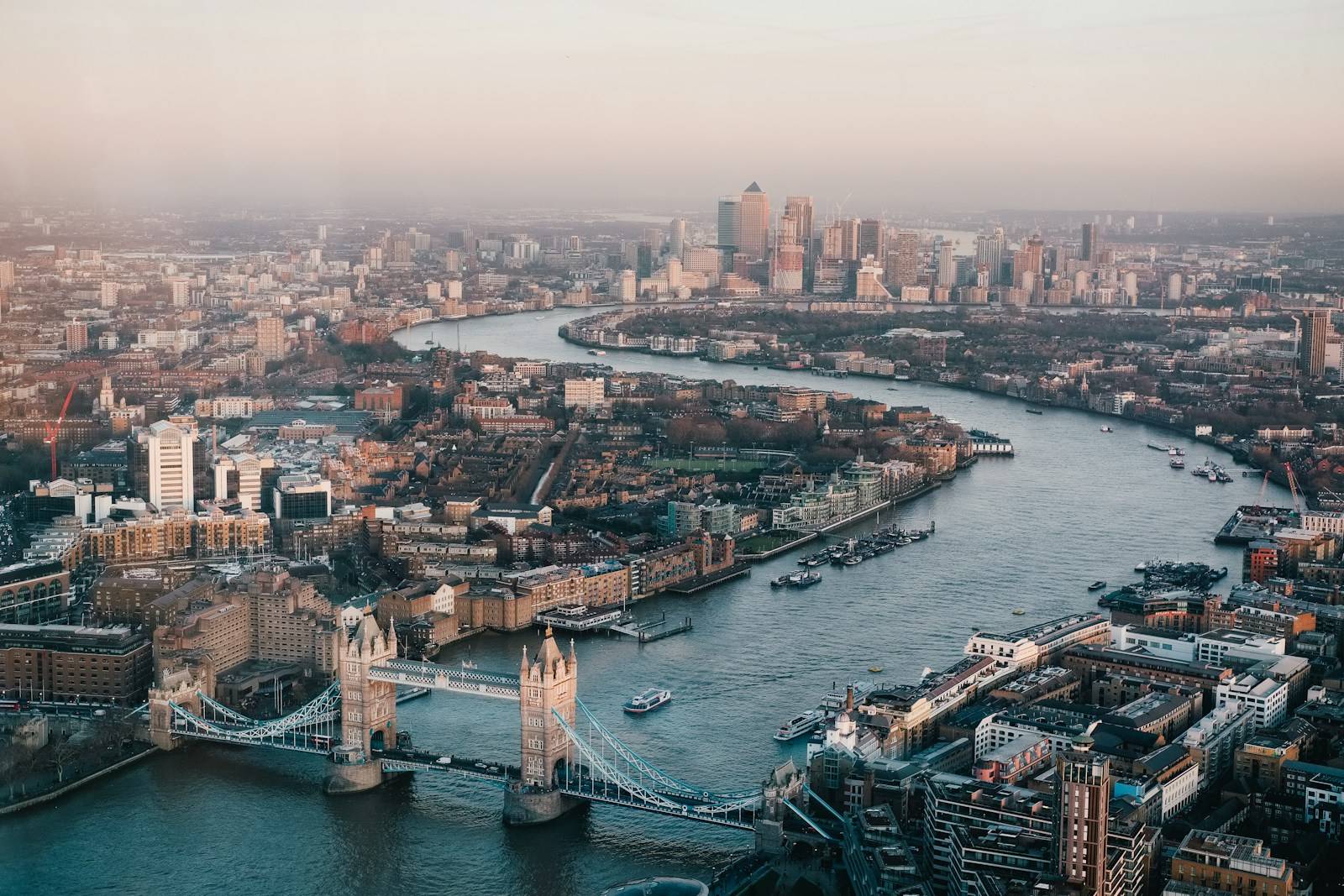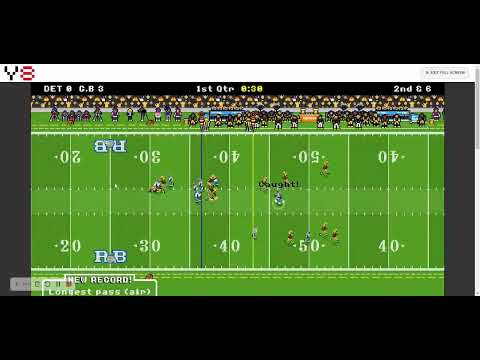If you’ve ever watched a British crime drama or police procedural, you’ve likely encountered a myriad of colorful terms and phrases used by officers on the beat. From “cops” to “bobbies” to “the fuzz,” British slang for police is as diverse and vibrant as the communities they serve. In this guide, we’ll delve into the world of law enforcement slang in the UK, exploring the origins, meanings, and usage of some of the most common terms you’re likely to encounter on the telly.
- Cops in Slang:
Let’s start with one of the most ubiquitous terms for law enforcement officers: “cops.” Derived from the verb “to cop,” meaning to seize or capture, this slang term has been in use since the mid-19th century. It’s a versatile term that can refer to police officers in general or specific units within a police force. You might hear characters on British TV dramas referring to “the cops” when discussing law enforcement in general or using phrases like “copping a feel” in reference to making an arrest.
- Jam Sandwich Police Car:
Another colorful term you might hear on British television is “jam sandwich,” used to describe a particular type of police car. Picture a classic black and white vehicle with a single horizontal stripe running along its sides, resembling a sandwich with jam in the middle. These cars are often associated with traditional British policing and are a familiar sight on the streets of cities and towns across the country.
- The Fuzz:
Ever wondered why the police are sometimes called “the fuzz”? The origins of this term are a bit murky, but one popular theory traces it back to the late 1960s or early 1970s, when the word “fuzz” was used in American counterculture slang to refer to the police. Some believe it may have originated from the idea that a policeman’s uniform resembled the texture of a fuzzy blanket. Regardless of its origins, “the fuzz” remains a widely recognized slang term for the police, albeit one that is more commonly associated with American English.
- Bobby:
One of the most iconic images of British policing is that of the “bobby” walking the beat, truncheon in hand and helmet on head. The term “bobby” is derived from the name of Sir Robert Peel, the founder of the modern British police force, who established the Metropolitan Police in 1829. Peel’s officers were initially known as “Peelers” or “Bobbies” in his honor, and the latter term has endured as a colloquialism for police officers in the UK.
- Criminal in Police Slang:
Of course, no discussion of police slang would be complete without touching on the other side of the law: criminals. In British policing jargon, criminals are often referred to as “perps” or “perpetrators,” short for perpetrators of crime. You might also hear them called “collars” or “customers” in reference to being arrested or detained by the police.
- Police Abbreviations and Codes:
In addition to colorful slang terms, British police officers also use a variety of abbreviations and codes to communicate with one another. These codes can vary from region to region, but some common examples include “APB” (All Points Bulletin), “BOLO” (Be On the Lookout), and “10-4” (Acknowledged).
- Why Are Police Called the Fuzz?
Returning to the question of why the police are sometimes called “the fuzz,” it’s worth noting that slang terms often evolve and change over time. While the exact origins of this particular term may be uncertain, what’s clear is that it has become ingrained in popular culture as a colorful and sometimes affectionate nickname for law enforcement officers.
- British Police Station:
When characters on British television find themselves in trouble with the law, they might be taken to a “nick” or “cop shop,” both of which are slang terms for a police station. These terms are thought to have originated from the practice of “nicking” or apprehending criminals, and they are still used colloquially today.
- Police Terminology List:
For those interested in delving deeper into the world of British police slang, there are plenty of resources available online that provide comprehensive lists of terminology and definitions. These lists can be a valuable resource for understanding the nuances of police jargon and its usage in different contexts.
From “cops” to “jam sandwiches” to “the fuzz,” British slang for police is as diverse and colorful as the communities they serve. Whether you’re a fan of crime dramas or simply curious about the language of law enforcement, familiarizing yourself with these terms can add an extra layer of enjoyment to your telly-watching experience. So, the next time you tune in to your favorite British cop show, keep an ear out for these slang terms and impress your friends with your newfound knowledge of policing jargon.







